
Drunk Tank Pink
And Other Unexpected Forces that Shape How We Think, Feel, and Behave
Recommendation
When prison officials learned that a certain shade of pink soothed aggression, they painted holding cells that happy hue. The pink cells reduced violence and calmed agitated inmates – offering just one example of the external forces that affect how you think, act and feel. As social psychologist and author Adam Alter explains, “Your mind is the collective end point of a billion tiny butterfly effects.” Alter loses momentum describing multiple social psychology research studies. However, he does a better job exploring how some hidden influences steer people toward better decisions. If you want to know how these forces affect you, getAbstract believes Alter can grant you greater control over your destiny – or, at least, over the color of your office.
Summary
About the Author
Adam Alter is a doctor of social psychology, a lecturer and assistant professor at the Stern School of Business at New York University.










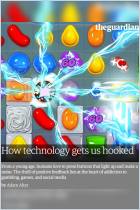

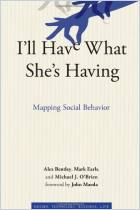
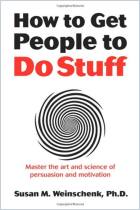
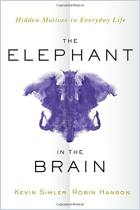
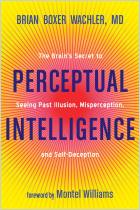
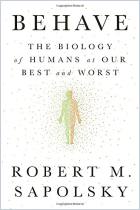


Comment on this summary or 开始讨论